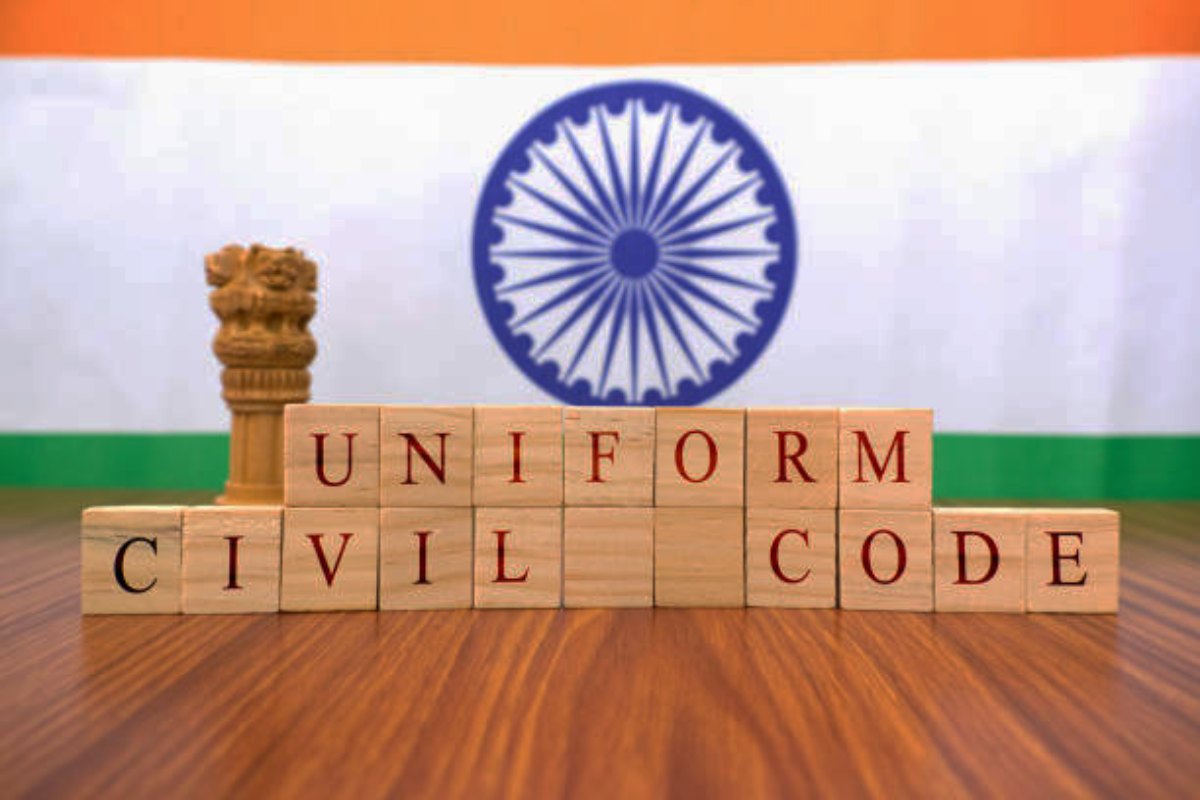The CPI-M, which has opted to oppose the proposed uniform civil code (UCC), had previously strongly supported implementation of it in the country. Kerala Assembly records show that the party had strongly supported UCC in 1985.
The CPI-M had urged the then UDF government in the state to organize a campaign to create awareness among the people about the significance of the UCC. The left party had in 1985 demanded that an officer from the culture department should be deputed this purpose.
Advertisement
The contents of the Assembly documents now available reveal that the CPI-M, which is at present at the forefront of the agitation against the UCC, advocated for its implementation in 1985.
CPI-M MLAs on 9 July 1985 had asked the state government to clarify its stance regarding the implementation of the UCC.The members who raised the question regarding this included MV Raghavan, V.J Thankappan, K.R Gowri, E Padmanabhan, O Bharathan and others.
The question they raised in the Assembly was whether the Central government had sought the opinion of the state Social Welfare Boards to create a favorable opinion among the minorities about the UCC. Then Irrigation Minister M P Gangadaran, who responded to the question in the absence of Chief Minister K Karunakaran, said that nothing new was under consideration.
Not satisfied with the minister’s reply, MV Raghavan (who was then with CPI-M) inquired as to why only Kerala was exempted when the Centre had made it clear that it would seek the opinions of the states regarding the matter. He also pointed out the difficulties being experienced due to the absence of a Uniform Civil Code for all citizens in the country.
The CPI-M members in the Assembly also questioned the stance of the Muslim League on the UCC. Then leader of the opposition, E K Nayanar also explained the importance of having a uniform civil code. The then Opposition leader EK Nayanar also underlined the necessity of having a Uniform Civil Code in the country.
The CPI-M, which had previously advocated for the introduction of UCC, has now taken a ‘U’ turn and is strongly opposing it. In 1984, party stalwart EMS. Namboodiripad’s statements against ‘Shariat’ stoked a political controversy. In 1987,the CPI-M under the leadership of EMS, conducted a major campaign against the Muslim Personal Law, emphasising the importance of a comprehensive UCC applicable to all religions.











